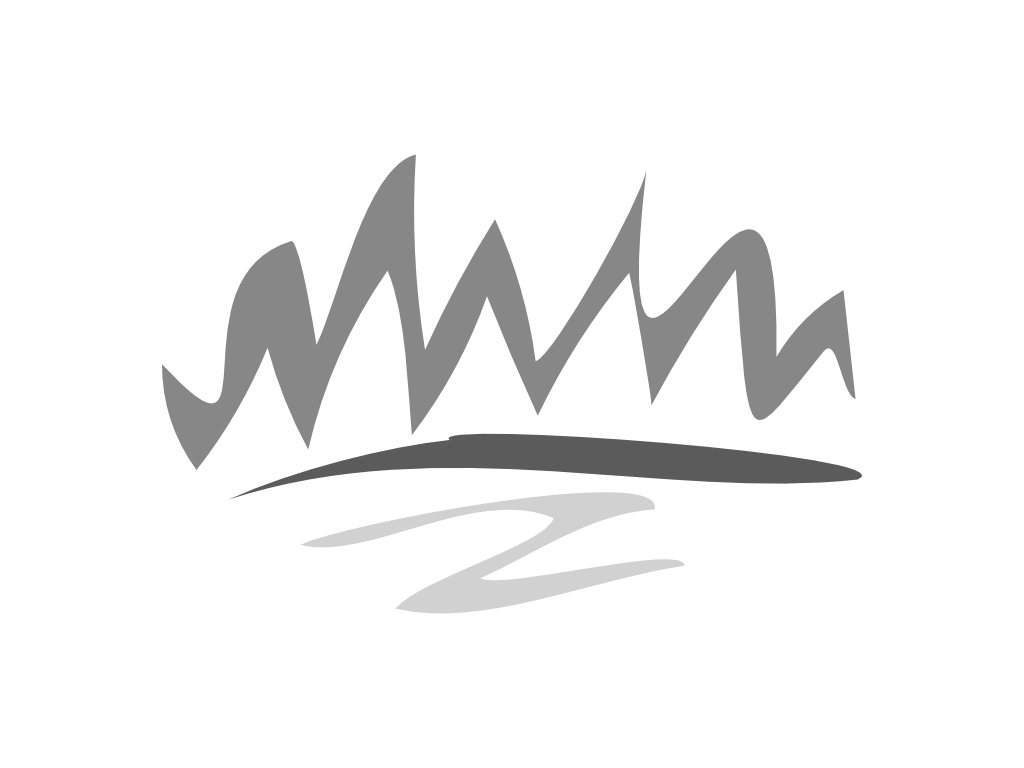
Bridge maintenance key to public safety
Victoria – Those who build logging roads in the public forests need to make sure they’re inspecting and maintaining their bridges, says a report released today by the Forest Practices Board.
The report calls on forest companies and the forest ministry to ensure their inspection and maintenance programs are up-to-date and repairs are undertaken, consistent with the Forest Practices Code. During the course of regular audit work over the past two years, the board has found over half the bridges audited did not comply with the code in some way. In three cases, the board found the non-compliance to be significant.
“Given the large number of bridges on logging roads in British Columbia, the high level of industrial use and the increasing number of backcountry enthusiasts using logging roads to get to their destination, the potential for harm to people and the environment is significant,” said board chair Bill Cafferata.
The report provides examples of problems board auditors have seen, including bridges with no signs to clearly indicate the load limits for the bridge, and bridges with missing or broken guardrails.
Of the 19 compliance audits conducted by the board in 1999 and 2000, auditors physically reviewed 277 bridges. Just over 50 per cent – 140 bridges – turned up some level of non-compliance. Half of those problems fell under regulations about public safety.
“We’re hoping this report will make government and forest companies aware of the issue so they can take any actions needed on bridges under their responsibility,” said Cafferata.
The Forest Practices Board is an independent public watchdog, established in 1995, that publishes reports about compliance with the Forest Practices Code and the achievement of its intent.
The board’s main roles under the Forest Practices Code are:
Bill Cafferata,Chair
Forest Practices Board
Phone: (250) 387-7964
1-800-994-5899
Jacqueline Waldorf
Communications
Forest Practices Board
Phone: 250 387-7964
1 800 994-5899
